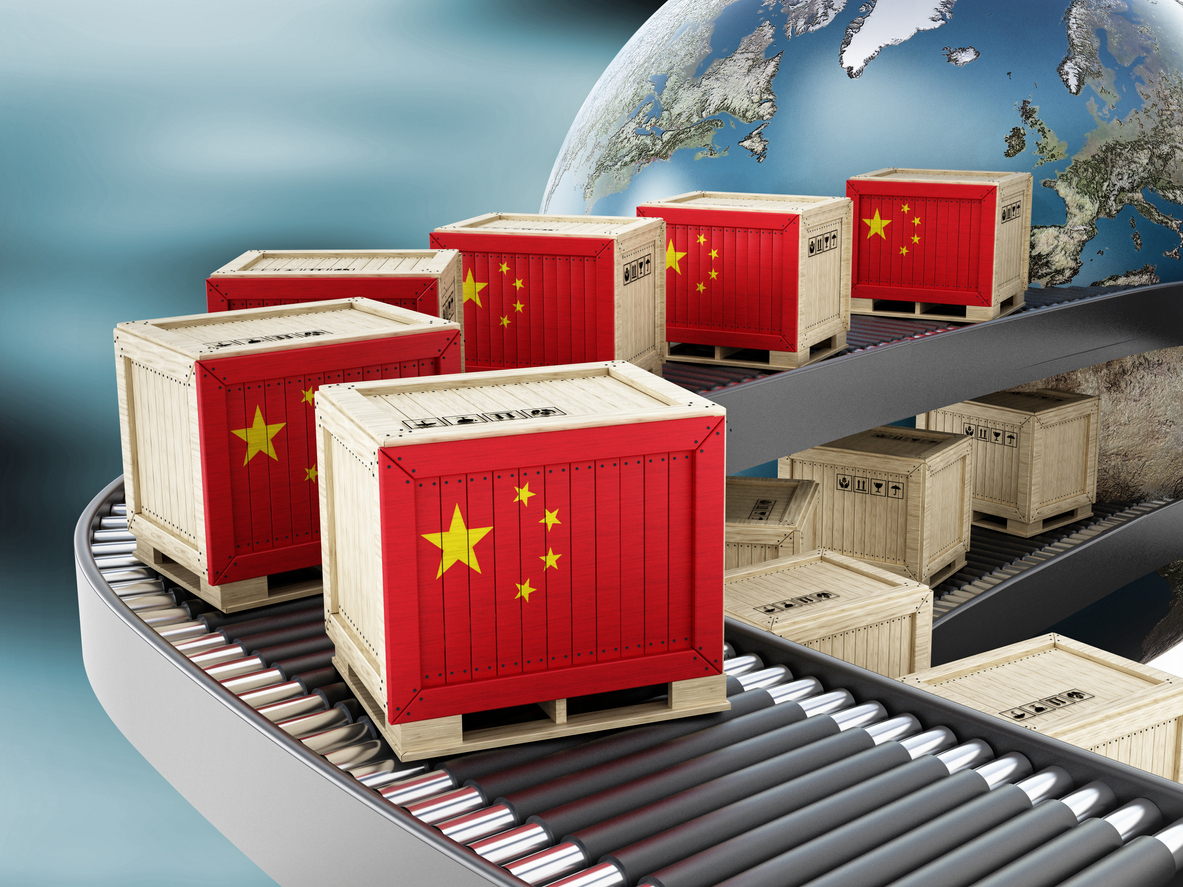
You don't rule the world any longer: China hits back at G7 nations
Small groups of nations do not hold sway over global decisions any longer, China told the G7 on Sunday

In what is seen as an oblique reference to rich democracies such as the US, China told Group of Seven (G7) leaders on Sunday that ‘small’ groups of countries can no longer decide the fate of the rest of the world.
The US and other large economies have been looking to jointly counter China’s might. The communist nation has been reigning as a leading global power, both politically and economically, despite geopolitical stand-offs with various nations including the US and India. It has been seeing a spectacular rise in its economic and military prowess over the past 40 years.
G7 summit: China says small groups do not rule the world https://t.co/XRiusNFnkB
— BBC News (World) (@BBCWorld) June 13, 2021
“The days when global decisions were dictated by a small group of countries are long gone,” Reuters quoted a spokesman for the Chinese embassy in London as saying. “We always believe that countries, big or small, strong or weak, poor or rich, are equals, and that world affairs should be handled through consultation by all countries.”
‘UN principles alone matter’
The Chinese spokesman further said the international order based on the principles of the United Nations alone matter, and “not the so-called rules formulated by a small number of countries”.
Also read: Why Chinese couples are reluctant to have more than one child
G7 leaders are meeting in England, where one of the key topics of discussion is coming up with a coherent response to the growing assertiveness of Chinese President Xi Jinping, said Reuters.
The G7 — comprising the US, the UK, Canada, Germany, Italy, France and Japan — is looking to show the world its constituents can offer an alternative to China’s might, the report added. For instance, on Saturday, Canadian Prime Minister Justin Trudeau led talks on a unified approach to the challenges posed by Beijing.
Alternative to Belt & Road Initiative
Among the plans is an infrastructure scheme for developing nations that will counter China’s multi-trillion-dollar Belt and Road Initiative, or BRI. The scheme, launched by Xi in 2013, involves development and investment initiatives spanning Asia and Europe. Over 100 countries have signed up for BRI projects such as railways, ports and highways.
India has expressed concern over the China-Pakistan Economic Corridor (CPEC), a key BRI project, traversing through Pakistan-occupied Kashmir (PoK). New Delhi has refused to join the BRI, and is likely to welcome the G7 statement.
G7 to counter China’s belt and road with infrastructure project – senior US official https://t.co/JATNNobwJL pic.twitter.com/dQ16LOC0aT
— Reuters (@Reuters) June 12, 2021
The alternative infrastructure plan, Build Back Better World (B3W), reportedly being led by US President Joe Biden, aims to provide a transparent infrastructure system. It would cover projects involving hundreds of billions of dollars, built in collaboration with private sector players, conforming to globally accepted climate standards and labour practices.


